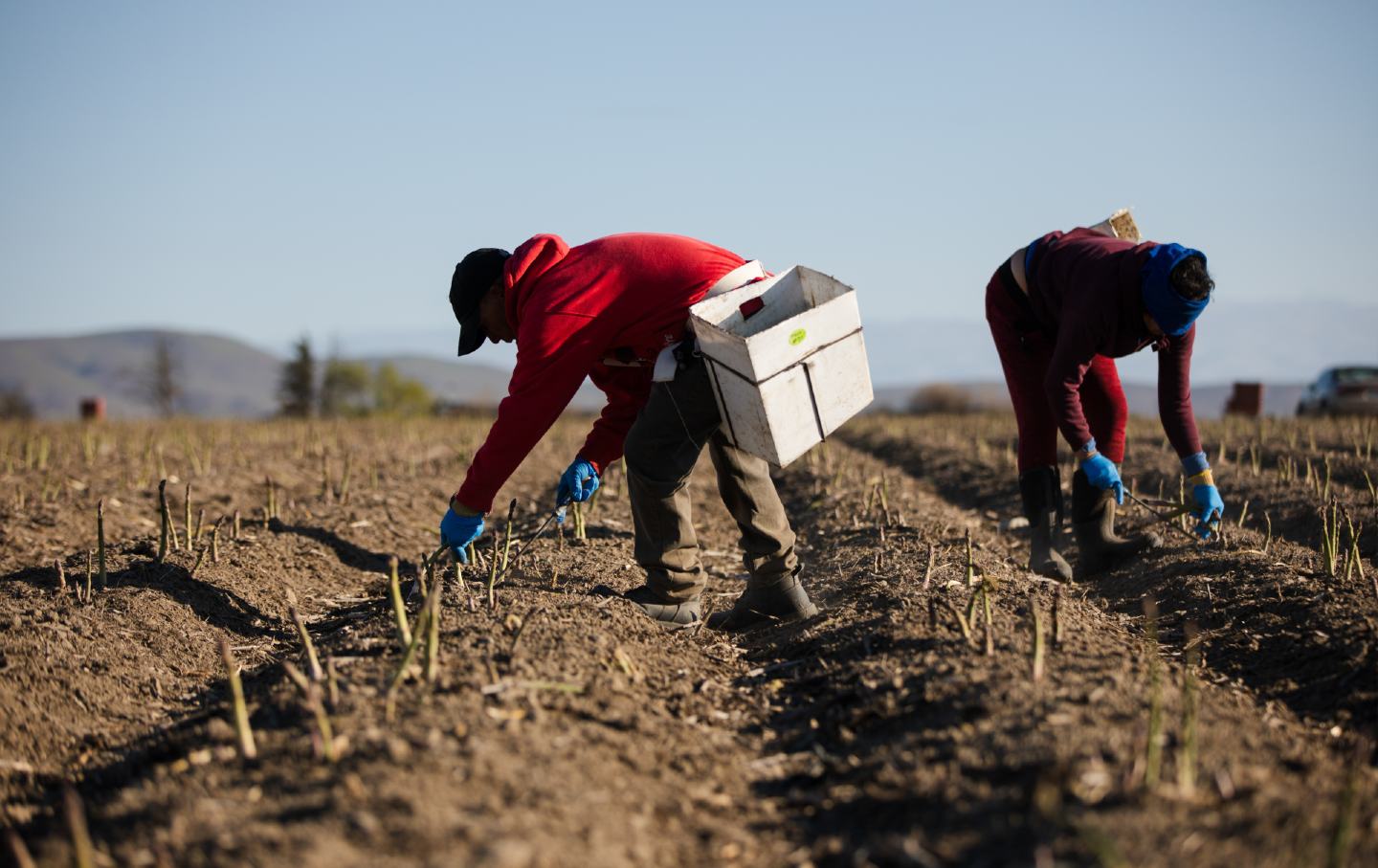Letters From the February 2024 Issue
Modern midwifery… Idle laws…
Modern Midwifery
Moira Donegan focuses on the 1950s language of “natural” birth and the 1970s alternative of “hippie” birth in her review of Allison Yarrow’s new book, Birth Control: The Insidious Power of Men Over Motherhood, but that misses the contemporary discussion in the midwifery movement [“More Than a Natural Function,” December 25, 2023/January 1, 2024].
Yarrow disagrees with the “natural” birth method as created by the British obstetrician Grantly Dick-Read, which was about being a good hospital patient rather than centering the physiological and emotional needs of the person giving birth. Donegan sees that disagreement as an “inconsistency” in Yarrow’s book, but Yarrow is arguing that giving birth against gravity (as hospitals forced women to do), being denied food or drink while hooked to IV poles, and not having the option of pain medication all made birth more painful and difficult. Controlling one’s responses to pain while being tied down in absurd positions did not make it more “natural.”
Turning birth—a physiologically normal process—over to a surgical specialty (yes, obstetrics is a surgical specialty) has not played out well in this country. The United States, with its highly medicalized birth system, has shockingly high rates of maternal and infant mortality, while the alternatives of midwifery care have been shown to be safer over and over again. Midwives do not deny that the occasional cesarean section may be needed. But the rate has gone from 5 percent in 1970 to 32 percent now in the US, with varied but similar increases all over the world. And instead of falling, maternal and infant mortality rates in the US continue to rise. Moving birth back to midwifery care and focusing on the physiology of birth will save lives.
Barbara Katz Rothman
Professor of Sociology, Women’s and Gender Studies, and Public Health
City University of New York
new york city
Idle Laws
Re “Seat Time,” by Alicia Inez Guzmán [November 27/December 4, 2023]: The global nuclear crisis we face goes far beyond idle electricians at Los Alamos. Nuclear nations are now engaged in a new nuclear arms race that includes weapons with lower yields, increasing the likelihood of their use in conflicts. The planet is facing climate catastrophe due to human activity, including wars that continue unabated. Israel, which has unacknowledged nuclear weapons, is embroiled in an existential, no-win war. Although their use may seem unlikely, a government minister has already suggested it.
Realistically, all wars and weapons commerce need to be halted immediately for there to be any hope of climate mitigation. There is an international law in force that bans the use, possession, testing, and transfer of nuclear weapons: the Treaty on the Prohibition of Nuclear Weapons. But nuclear states have ignored this global civil society agreement. There have been no consequences for these nations’ ruling elites.
Thea Paneth
arlington, mass.








